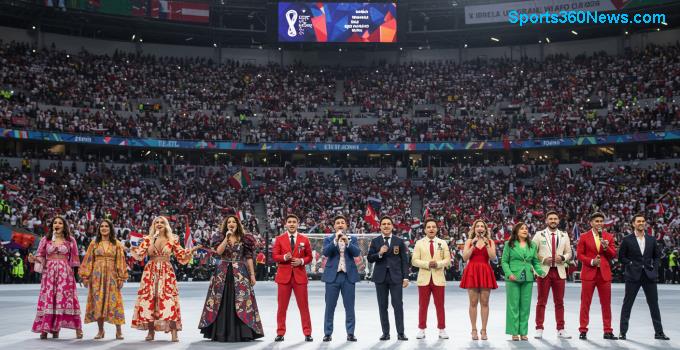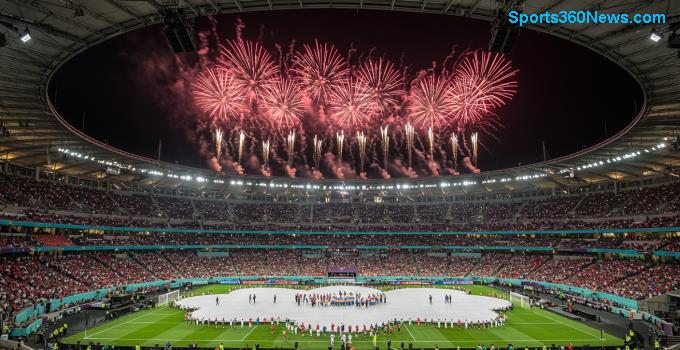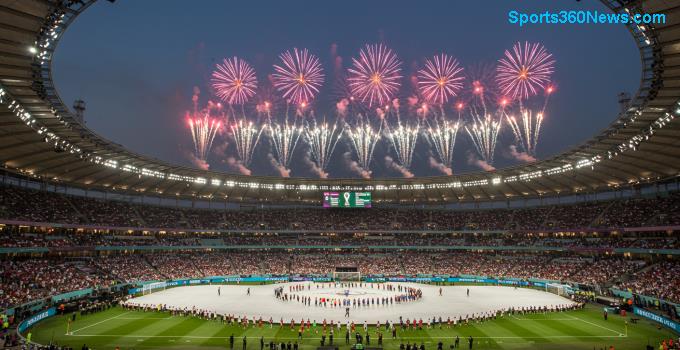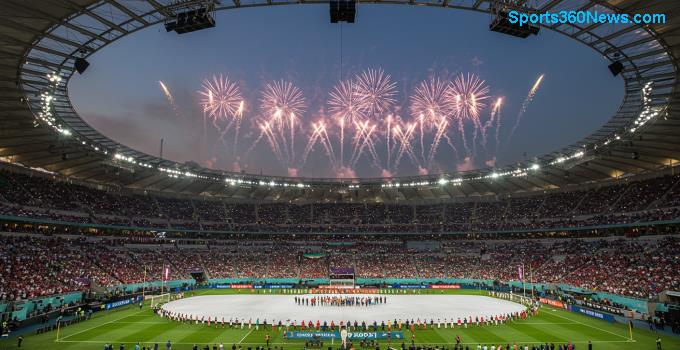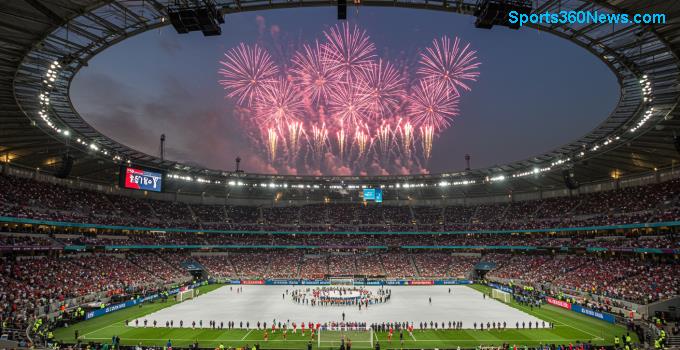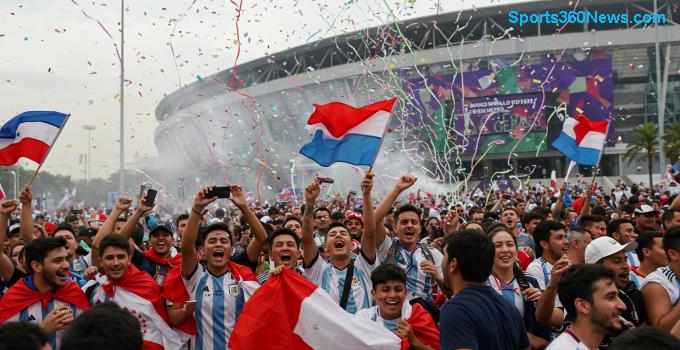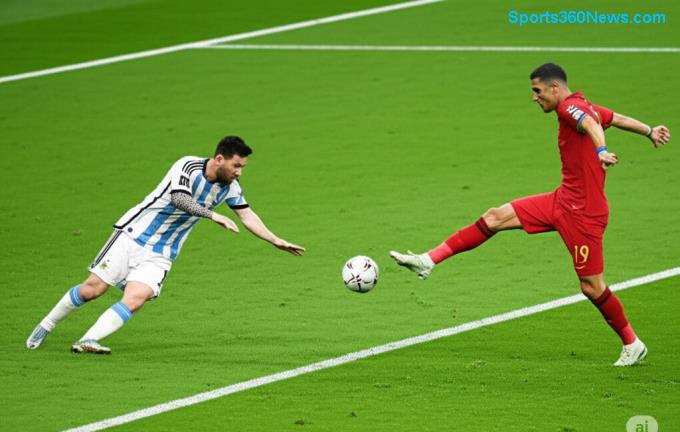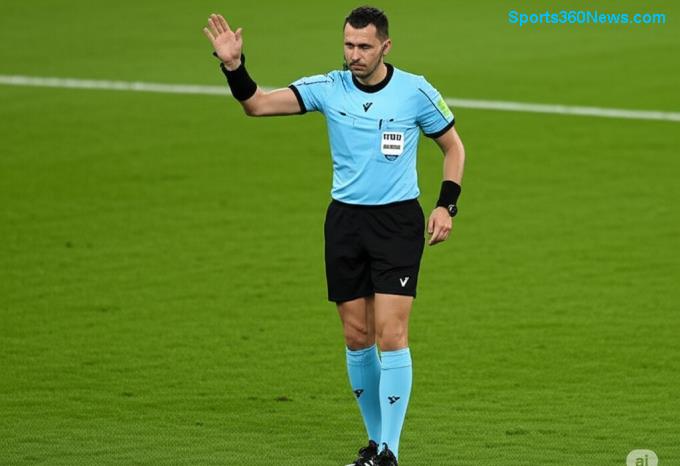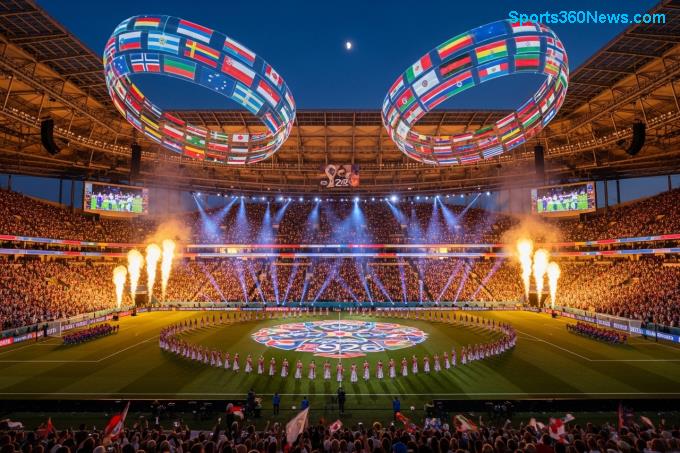The FIFA World Cup, a quadrennial spectacle of global football, is set to make history in 2026. For the first time ever, the tournament will be co-hosted by three nations: the United States, Canada, and Mexico. This unprecedented arrangement, dubbed "United 2026," promises a grand scale event with immense potential for growth and collaboration, but it also introduces a unique set of benefits and complex challenges that will test the organizational prowess of all involved parties. Let's delve into what this historic event means for the world of football and beyond. 🌎
The Immense Benefits of Tri-Nation Co-Hosting
The decision to spread the hosting duties across three North American nations comes with a multitude of advantages, significantly amplifying the tournament's reach and impact.
⭐ Economic Impact and Increased Revenue
Hosting a World Cup is a colossal undertaking, but distributing the financial burden and economic opportunities across three economies can be immensely beneficial. The United 2026 bid projects over $5 billion in short-term economic activity. This includes revenue generated from ticket sales, hospitality, tourism, and merchandise across 16 host cities. For the USA, Canada, and Mexico, this means a significant boost to local businesses, job creation, and infrastructure development, especially in sectors like transportation and accommodation.
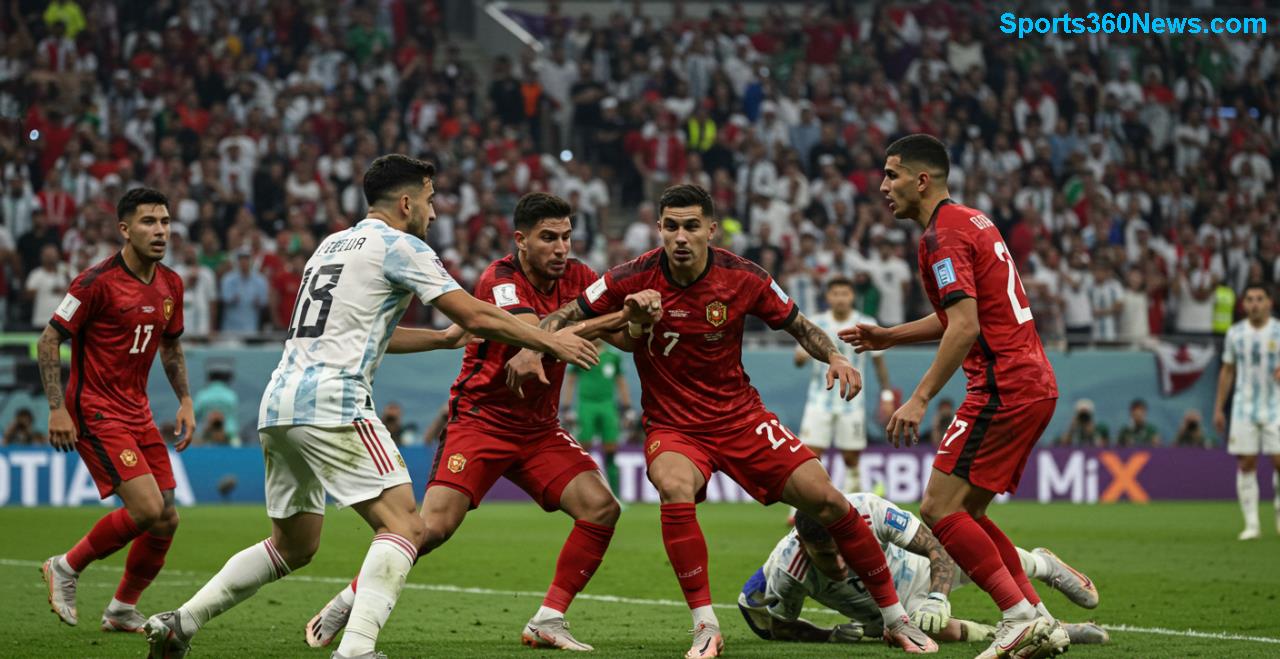
⭐ Expanded Global Reach and Fan Engagement
With three diverse nations hosting, the 2026 World Cup naturally expands its geographic and cultural footprint. This offers a wider array of fans the opportunity to experience the tournament firsthand, potentially attracting new audiences to the sport in regions where football may not be the dominant sport. It also allows for greater accessibility for international visitors, leveraging the established tourism infrastructure of all three countries. The collective passion of fans from North, Central, and South America will undoubtedly create an unparalleled atmosphere.
⭐ Shared Infrastructure and Reduced Burden
One of the most compelling benefits of co-hosting is the ability to share the extensive infrastructure requirements. All three nations possess world-class stadiums and modern transportation networks, significantly reducing the need for costly new construction, a common issue for single-nation hosts. This not only makes the bid more sustainable but also mitigates the financial risk for any single country. The existing facilities ensure that the focus can remain on delivering a seamless and memorable tournament experience.
⭐ Cultural Exchange and Enduring Legacy
The 2026 World Cup will be a vibrant tapestry of cultures. Fans will have the unique opportunity to immerse themselves in the distinct traditions, cuisines, and hospitality of the USA, Canada, and Mexico. Beyond the immediate economic gains, the event is expected to leave a lasting legacy in each host nation, inspiring participation in football, enhancing international relations, and promoting cross-border understanding. It’s an opportunity for football to truly unite diverse peoples. 🤝
The Complex Challenges of Tri-Nation Co-Hosting
While the advantages are clear, organizing an event of this magnitude across three sovereign nations presents unique and substantial challenges that require meticulous planning and unprecedented collaboration.
🚧 Logistical Nightmares and Travel Demands
Perhaps the most significant challenge is the sheer geographic scale. Spanning thousands of miles and multiple time zones, the travel distances between host cities can be immense. This poses significant logistical challenges for teams, fans, and media alike. Ensuring efficient and affordable transportation, managing visa requirements across borders, and coordinating security measures for cross-country travel will be critical. Fans might find it challenging and expensive to follow their teams across all three nations, potentially diluting the traditional "festival" atmosphere in one central location.
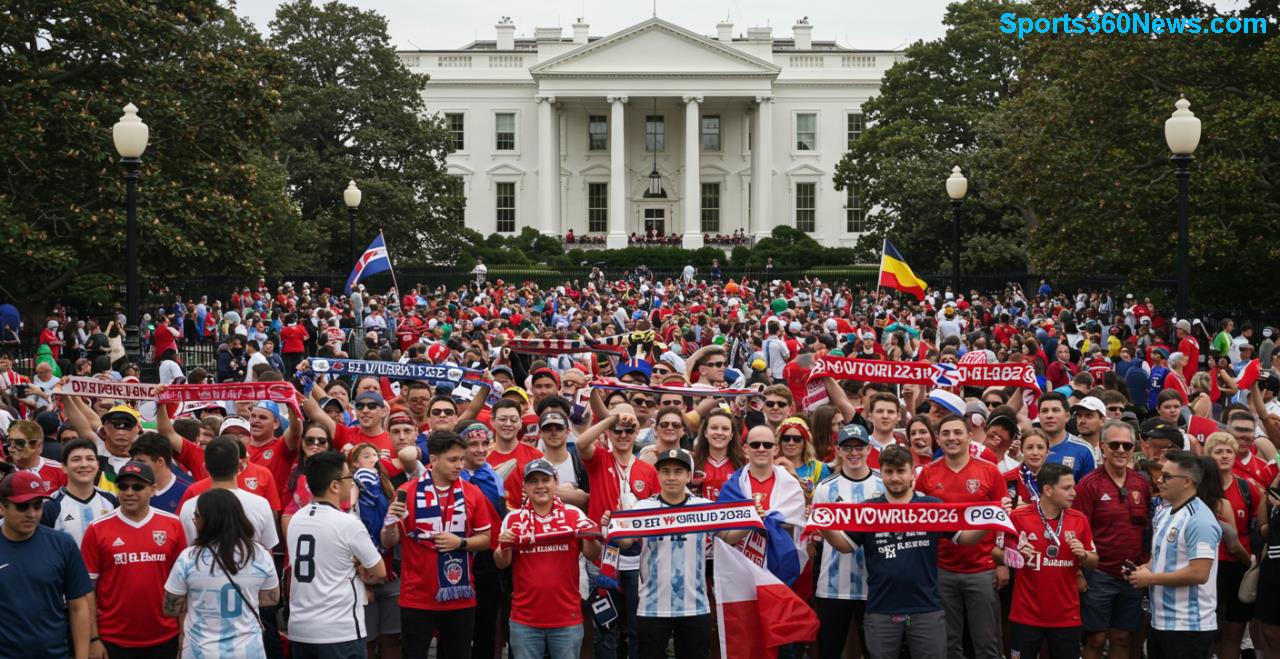
🚧 Coordination Hurdles and Regulatory Differences
Bringing together three distinct governments, football federations, and legal frameworks under one umbrella is a complex task. Differences in laws, regulations, taxation, and customs procedures will necessitate extensive negotiations and harmonization. Ensuring consistent security protocols, immigration policies, and health measures across all host territories requires a level of coordination rarely seen in major sporting events. Miscommunications or bureaucratic delays could significantly impact the smooth running of the tournament. 😬
🚧 Fan Experience Dilution
Unlike single-host tournaments where a concentrated fan presence can create a vibrant, continuous party atmosphere, the dispersed nature of the 2026 World Cup might dilute the fan experience. With matches spread out, fans may choose to focus on games in a single country, potentially reducing the intermingling of diverse fan groups that is a hallmark of the World Cup. Creating a cohesive and energetic atmosphere across all venues will be a key challenge for organizers.
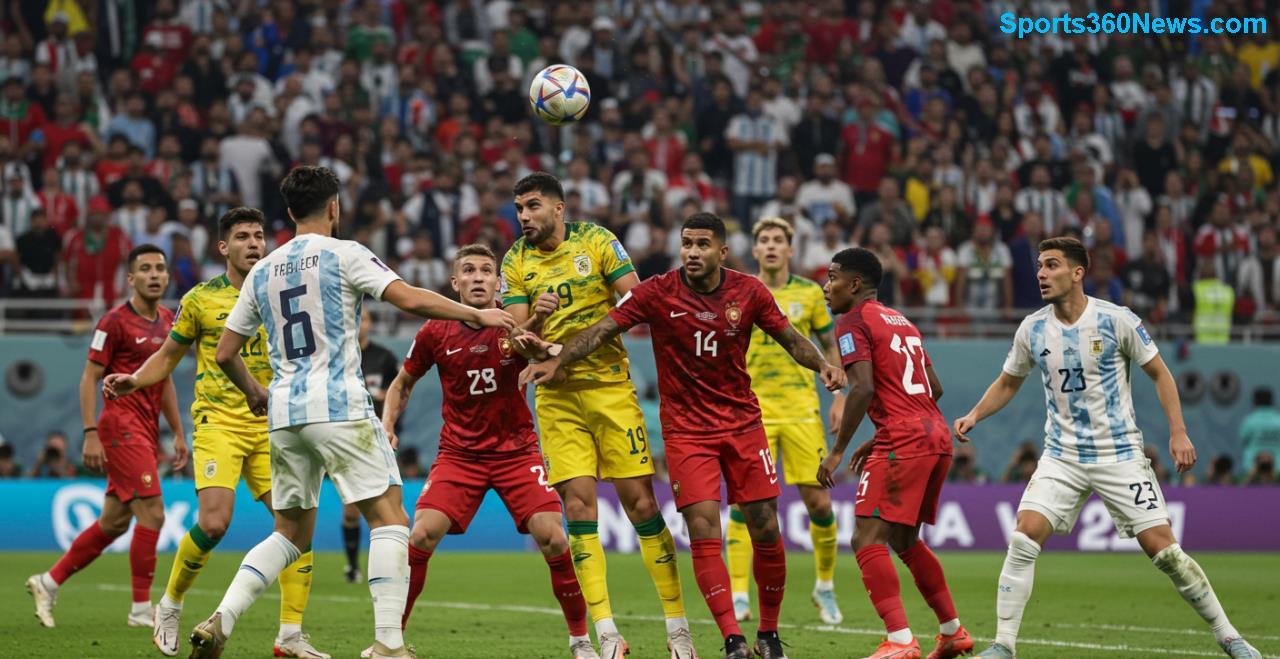
🚧 Ensuring Uniformity and Equity
Maintaining a consistent standard of facilities, services, and fan experience across 16 different cities and three different countries is another significant hurdle. Ensuring fair distribution of high-profile matches, equal representation, and equitable financial benefits among all host cities and nations will be crucial to avoid any perception of imbalance. ⚖️
Navigating the Future: Maximizing Success for United 2026
Despite the inherent challenges, the 2026 FIFA World Cup holds immense promise. Its success will hinge on unprecedented levels of cooperation, transparent communication, and innovative solutions. Investments in streamlined travel logistics, unified digital platforms for fans, and robust cross-border security will be paramount. The shared vision of growing football across North America and showcasing the unique appeal of each nation must guide all decisions.
The United 2026 World Cup is more than just a football tournament; it's a grand experiment in international cooperation. If successful, it will set a new precedent for future mega-events, demonstrating how shared ambition can overcome even the most formidable challenges. It promises to be a truly historic event, uniting continents through the beautiful game. ⚽
